
The First Chamber of that court granted an amparo to the journalist, which revoked the sentence of a Mexican federal court that convicted Aristegui of moral damage of businessman Joaquin Vargas Guajardo, president of the media group.
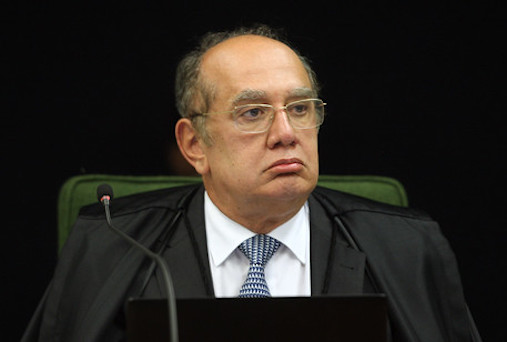
The book is a report about the operation that investigated banker Daniel Dantas, who was arrested in 2008 after being accused of corruption and bribery and released a few days later upon Mendes’ decision, then-president of the STF, the country's highest court.
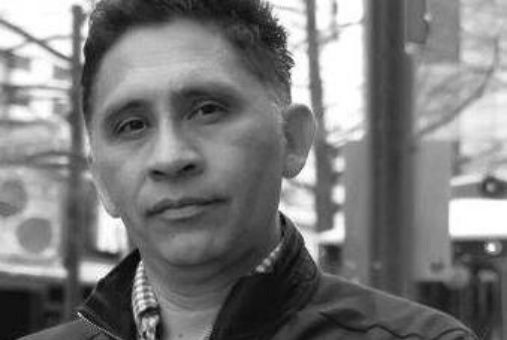
Manuel Durán Ortega, a Salvadoran journalist from Memphis, Tennessee, received a two week stay of deportation while the U.S. Court of Appeals for the Eleventh Circuit considers his emergency motion for a stay, the Southern Poverty Law Center (SPLC) reported.
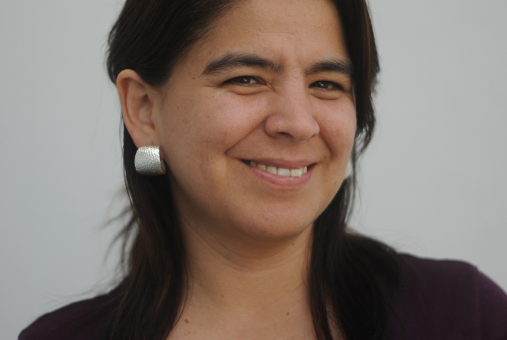
Peruvian journalist Paola Ugaz was criminally denounced for aggravated defamation by the Archbishop of Piura and Tumbes, José Antonio Eguren Anselmi. The religious figure accuses Ugaz of having damaged his honor and reputation.

The Peruvian journalistic site IDL-Reporteros, which in the middle of this year revealed a deep crisis in the country’s judicial system through the release of audio recordings of telephone leaks, asked the Inter-American Commission of Human Rights (IACHR) to demand that the government provide urgent protection measures for journalists and officials investigating the alleged acts of corruption.

After learning that a Colombian prosecutor had lodged a tutela – the country's judicial recourse to restore fundamental rights – against journalist María Jimena Duzán due to an opinion column, scandal broke out in the country as colleagues and press freedom organizations expressed their rejection of the use of this mechanism.
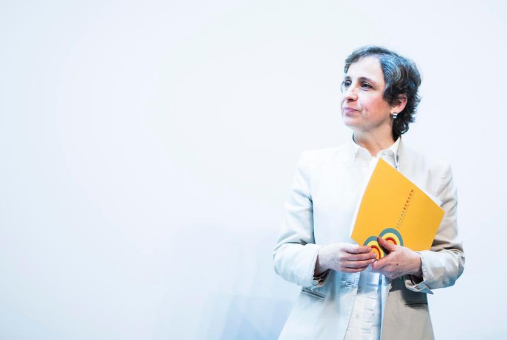
Three years after she was taken off the air, a Mexican federal court ruled that the dismissal of Carmen Aristegui from the MVS radio group was illegal.
El Nacional, one of the leading independent newspapers in Venezuela that continues to cover the entire country in its print and digital formats, will have to pay a fine of reparation of one billion bolivars (around US $12,000) for "moral damage."
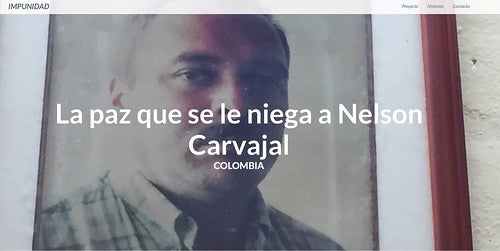
The Inter-American Court of Human Rights (IACHR Court) found the Colombian State responsible for the 1998 murder of journalist Nelson Carvajal Carvajal, and for a failure to guarantee the victim’s right to freedom of expression.
The Colombian media company Publicaciones Semana S.A. will not have to reveal the sources of information for an investigative report published in its magazine Dinero.
A member of the Colombian Supreme Court expressed his disagreement with the ruling of his court’s Civil Chamber that upholds a decision forcing media company Publicaciones Semana to reveal the sources behind one of its publications’ articles.
Following widespread concern from journalists and press advocates after the Colombian Supreme Court ruled a media company must reveal communication with its sources, the country’s Inspector General said it would intervene in the case.